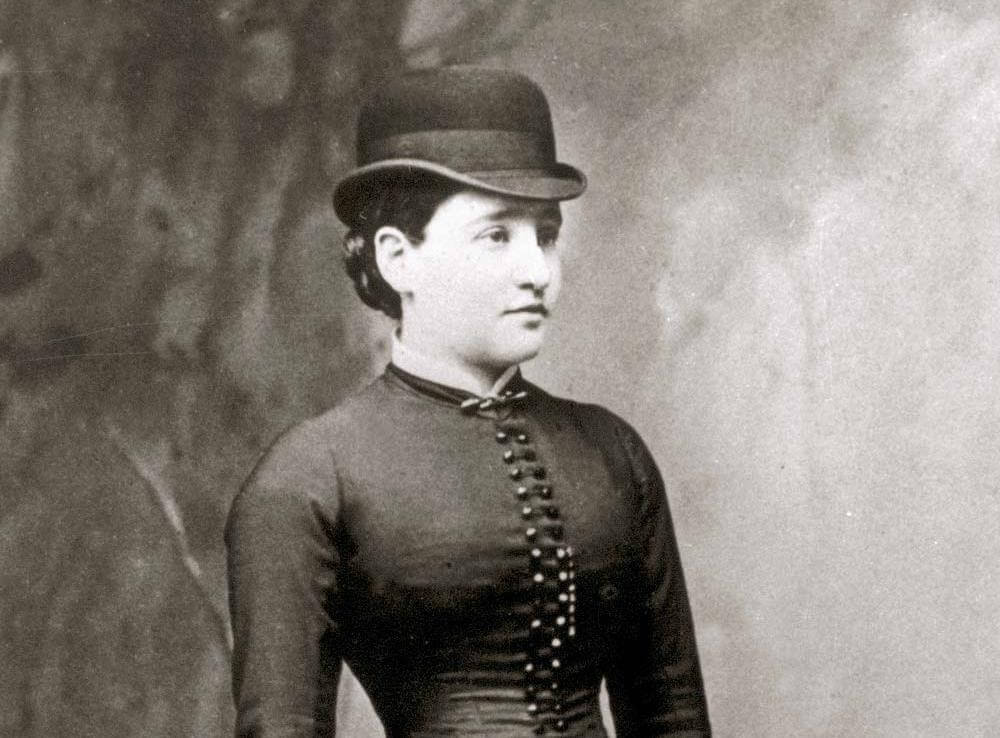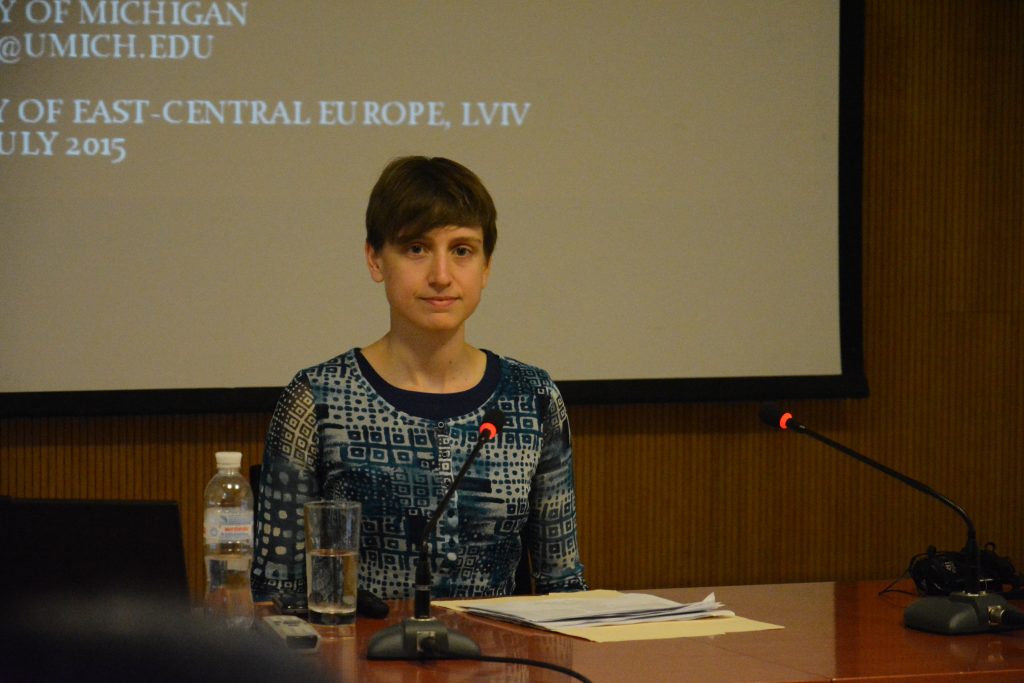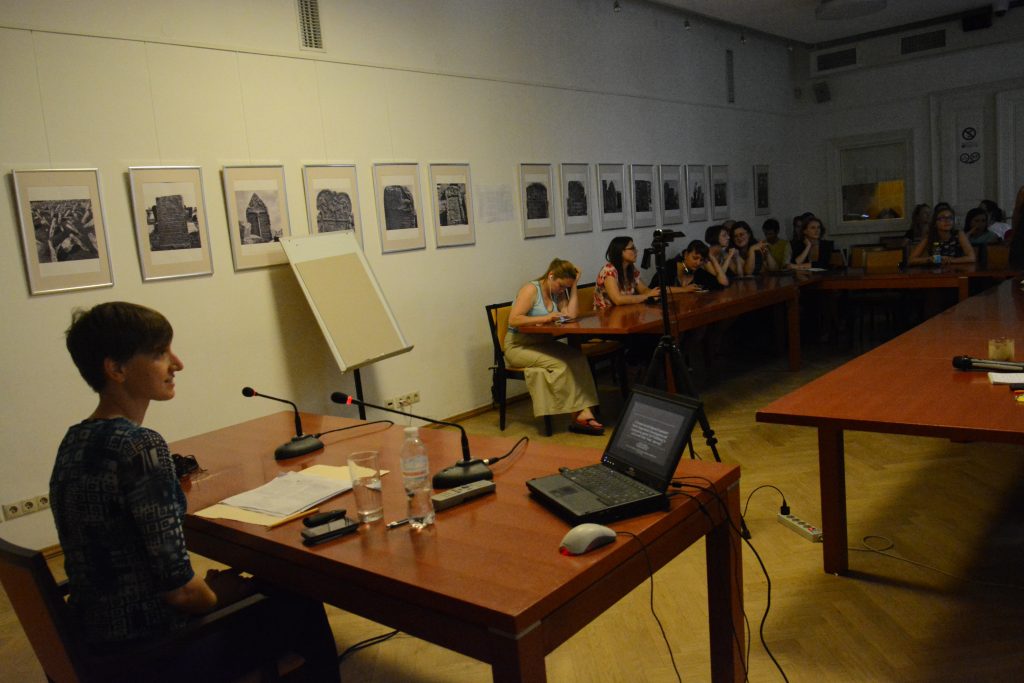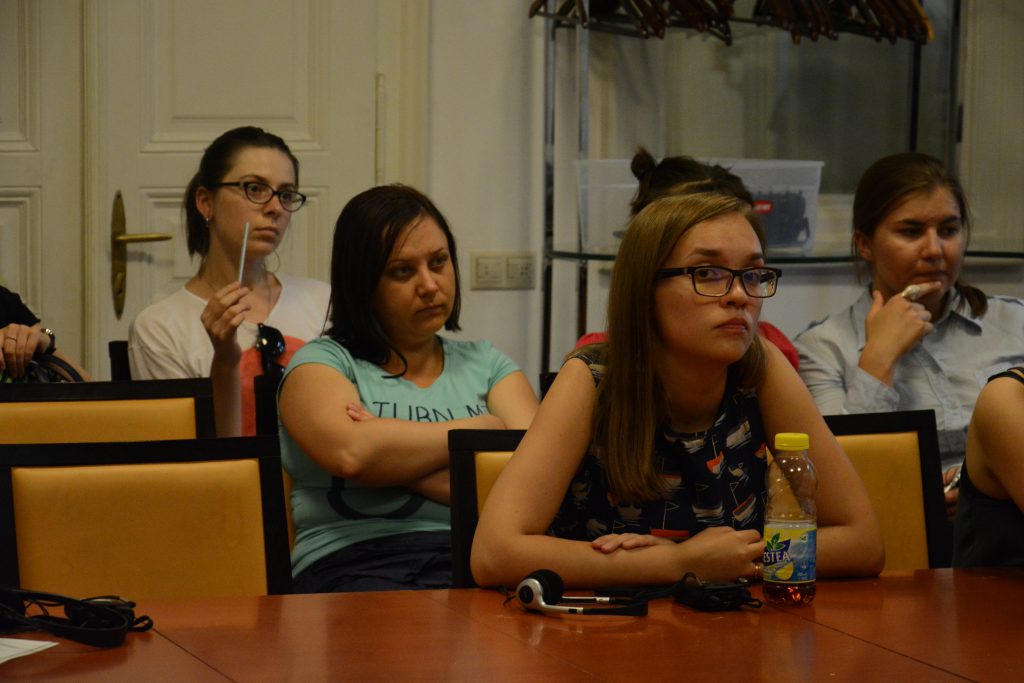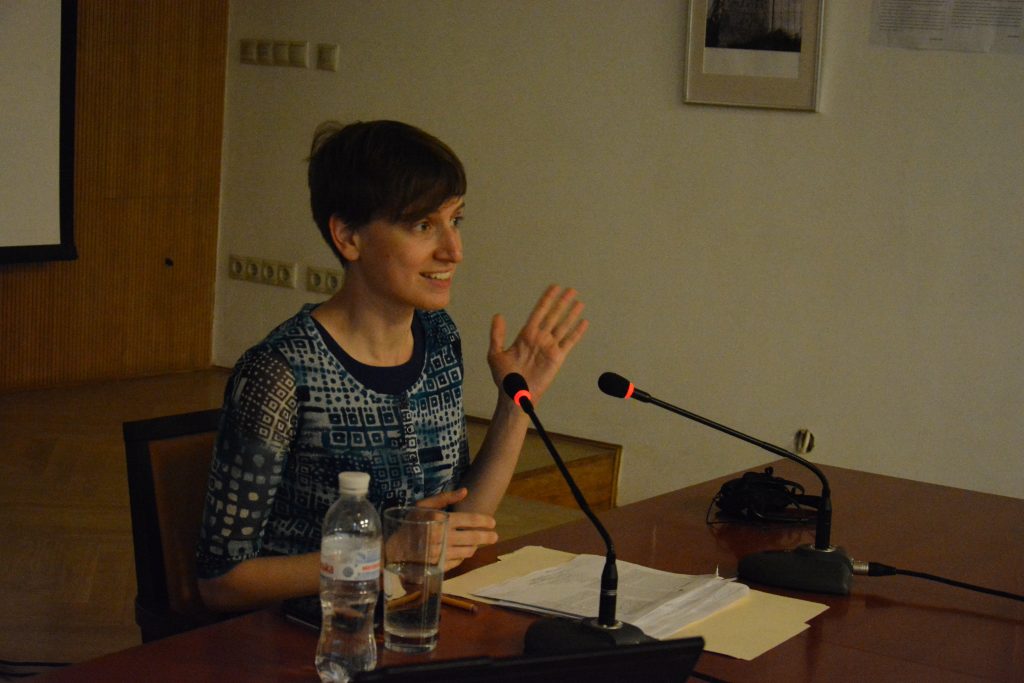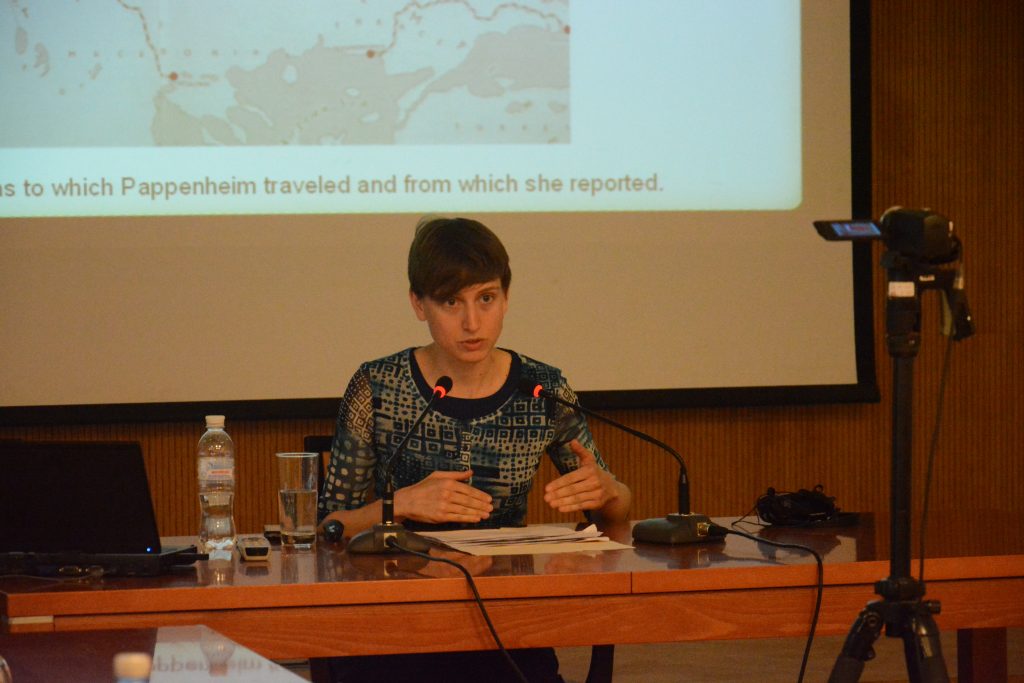A German-Jewish Imperial Feminism?: Bertha Pappenheim’s Anti-'Girl-Trafficking' Investigations and Campaigning in Galicia, Romania, and Salonica, 1900-1913
July 21, 2015
Center for Urban History, Lviv
Between 1900 and 1913, German-Jewish social reformer Bertha Pappenheim traveled east multiple times from her home in Frankfurt-am-Main to investigate and campaign against "girl-trafficking" (Mädchenhandel) in regions including Galicia, Rumania, Hungary, the Polish Kingdom, and parts of the Ottoman Empire. Pappenheim's reports on these travels abroad contributed to broader international campaigns, which framed commercial sex as an internationally networked phenomenon that therefore required international efforts to counter it. As a representative of the Jewish Sub-Committee of the German National Committee for the Combat against Girl-Trafficking, Pappenheim staged her "cultural work" to Eastern European Jewish communities as simultaneously German and Jewish, an approach which enabled Pappenheim to expand the German National Committee’s mission into these regions. This lecture analyzed how Pappenheim situated her own agenda, goals, and activities in relation to those of other German, Jewish, and international organizations. Focusing on Galicia, a reasearcher analyzed Pappenheim’s activities in relation the range of techniques she deployed in and about different "easts." This lecture argued that Pappenheim's distinctively German-Jewish approach borrowed from, responded to, and competed with both a British imperial feminism of the International Abolitionist Federation and a French-Jewish 'mission civilisatrice' of the Alliance Israélite Universelle. This analysis aimed to provide a more variegated picture of these overlapping, ostensibly allied, yet subtly competing, modes of internationalism during this twilight of empires prior to the First World War.

Stephanie Skier
is a PhD student in History at the University of Michigan, Ann Arbor, and a 2014-2015 Fellow at the Weiser Center for Emerging Democracy. Her dissertation analyzes Imperial German efforts to define, map, organize against, and curtail “girl-trafficking” (“Mädchenhandel”) in the late 19th and early 20th centuries. She holds master’s degrees in International and World History from Columbia University and the London School of Economics.
Credits
Сover Image: Bertha Pappenheim (1859–1936), an Austrian-Jewish feminist and the founder of the Jüdischer Frauenbund (League of Jewish Women).
